There are a lot of weekly options trading services that claim that you can make bigger profits trading the weeklies vs trading regular monthly options.
And while the expiration date is a lot closer (so your trade will either win or lose sooner), does this really mean that you WILL make more profits?
In this article, we investigate this claim to help you get some clarity.
Weekly Options Trader
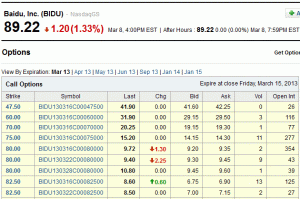 Some people claim (like we discussed in our Chuck Hughes Optioneering Reviews article) that if you’re looking for a way to make some serious profits in the options market, then you need to start trading Weekly Options.
Some people claim (like we discussed in our Chuck Hughes Optioneering Reviews article) that if you’re looking for a way to make some serious profits in the options market, then you need to start trading Weekly Options.
But regardless of when the option expires, success when trading options will always come down to your strategy, ability to correctly identify a trend and proper money management.
So while a contract may expire sooner, it doesn’t equate to you being guaranteed the ability to bank greater profits.
With that said, this trading style is a relatively new development in options trading, and they offer a unique opportunity to make quick trades due to their shorter expiration date.
The process essentially involves trading weekly options that expire just 7 days after they become available.
These are an “all or nothing” style of trade as if the stock doesn’t move in the direction of your option quickly, you’re likely to lose your entire investment as there’s very little time in the option contract to allow for the recovery of the trade.
Some people feel trading weeklies is almost like buying a lottery ticket in this sense.
For the vast majority of traders, it’s advisable to trade options that have an expiration date of 30 or more days.
Weekly Options Trading Services – Go after big winners in less time!
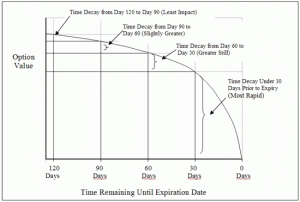 Companies offering weekly options claim to offer you the opportunity to capture big profits in a shorter time frame. (See our best option newsletter reviews here.)
Companies offering weekly options claim to offer you the opportunity to capture big profits in a shorter time frame. (See our best option newsletter reviews here.)
Their rationale behind this is that because these options expire every Friday, they offer more opportunities for quick wins than regular monthly options.
While it’s true that the option expires quickly, it doesn’t mean that it increases your chances of success.
The odds of success are no different than if you purchased options with a longer expiration date. (Like 1 month or more).
And in terms of how long it takes to generate trade wins, if a trade becomes profitable you can close it out at any time regardless of the expiration date. (Assuming of course, you’re trading American options that allow you to close the contract before expiration. European options don’t allow you to close a contract before the expiration date.)
With such a short expiration date, this means that you need to do more research and analysis before trading weekly options.
What to Look for when Subscribing to a Weekly Options Newsletter
When subscribing to a weekly options newsletter, it is important that you do your research and due diligence in regards to the company you’re considering signing up with.
Some options newsletters offer unsubstantiated results and absolutely no support. Others may have hidden fees or require a greater investment than what was originally advertised.
Make sure that you know what is required for you to begin trading.
Is the service more of a day trading service, which will require you to meet certain requirements (watch out for the pattern day trade rule) before you’ll be able to make the trade?
Will the trades involve any form of trade modification (rolling, closing and opening a new leg) before expiration prior to the option contract expiring? (This becomes especially important when you’re selling options.)
Weekly Option Alert Risks
When you’re trading weeklies everything moves a lot faster due to the shorter timeframe. And depending on the volatility of the market, the stock itself and how close the strike is to being in the money, trading weekly options can end up being much riskier than trading option contracts with a longer expiration date.
Whatever you do, keep in mind that weekly options are short-term investments and require precise timing if you want to maximize profits (or minimize losses).
With such a short timeframe if a trade goes against you, it’s likely you’ll lose your initial investment as there’s very little time for a trade to recover.
And this is why many people often choose to sign up for weekly options trading services, hoping to get some help. But due to the increased risks, we ultimately feel that people are better trading options with 30+ days until expiration and use an options alert service like The Empirical Collective.
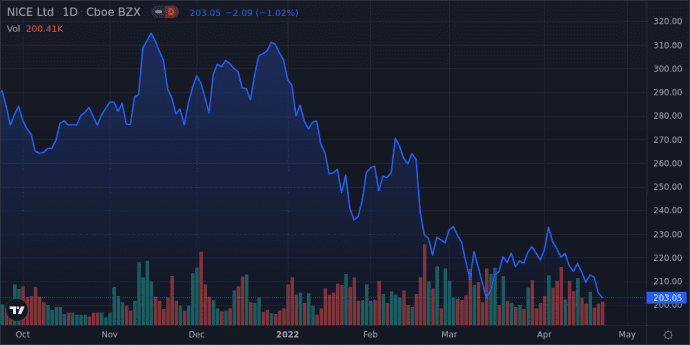
FAQ
How can I distinguish weekly options from the standard options?
Weekly options are the same as the standard options, except that they expire every Friday instead of every month. The main distinction is that weekly options are more volatile and thus more risky. However, they can also be more profitable if you know what you're doing. Here are a few tips for distinguish weekly options from the standard options: Check the expiration date: Weekly options expire every Friday, while standard options expire on the third Friday of each month. Evaluate the volatility: Weekly options are generally more volatile than standard options, so be sure to factor this into your decision-making. Consider your timeframe: If you need immediate results, then weekly options may be a better choice than standard or regular options
What is the best options trading service to consider to ensure a positive experience trading options?
I would consider The Empirical Collective to be the best options trading service because they seem to have consistently excellent results. Their user reviews are incredible and their membership is very inexpensive.
What are weekly, monthly and quarterly options?
A weekly option is an option whose expiration date is the end of the trading day on the Friday following the date it was bought. A monthly option is an option whose expiration date is the end of the trading day on the Friday of the month following the month it was bought. A quarterly option is an option whose expiration dates are three months after the month it was bought.
Which Stocks Have Weekly Options?
There are hundreds of stocks that have weekly options. Almost every big name company, index or etf has weekly options.
Is trading weekly options profitable?
It depends on your trading strategy. But just like trading any other kind of option, Yes, trading weekly options can be profitable. However, it's important to note that there is more risk associated with trading weekly options than there is with trading regular options. This is because the time frame for expiration is shorter, so there is less time for the underlying security to move in the desired direction.
Should I buy options Monday or Friday?
As there is significant time decay that happens over the weekend, it's likely better to evaluate your trade on the following Monday if you're buying options as time decay works against you.
Do options lose value over weekend?
Yes. Options do lose value over the weekend. This is because they are subject to time decay, which is the rate at which their value decreases as expiration approaches. The faster an option's time decay, the greater its loss over a given period of time. And since there is no trading on weekends, these losses are magnified as the market isn't open on the weekend.
How far out should you buy a call option?
The best time to buy a call option is usually about 30 or more days before the expiration date. This gives the stock time to rise, and also gives you a bit of time for the trade to correct should it go against you. The shorter the timeframe, the quicker the stock will have to move in the direction you want in order for the trade to be profitable. This is where weekly options are a bit of a gamble. With such a short timeframe, the stock must move in the direction of your trade almost immediately.
What happens if I don't sell my call option?
If you don't sell your call option, you'll still have the right to buy the underlying asset at the strike price. With that said, you won't be able to sell that option for a profit. If the market price of the underlying asset is below the strike price when expiration comes around, your option will expire worthless and you'll be out whatever premium you paid for it.
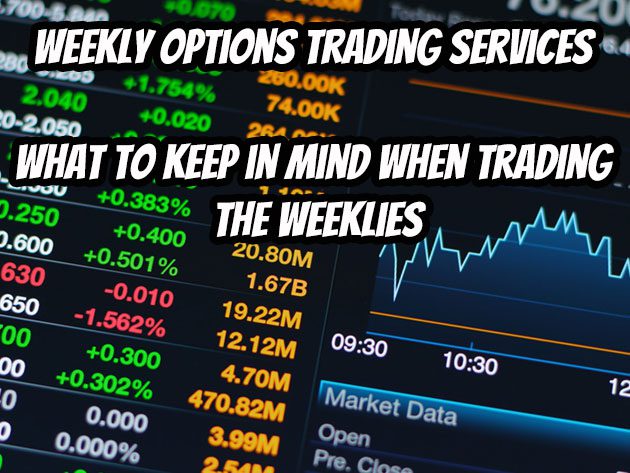
 The Best Option Alert Service: Top 7 for Trading in 2023
The Best Option Alert Service: Top 7 for Trading in 2023  5 Best Options Trading Newsletter Choices for Traders
5 Best Options Trading Newsletter Choices for Traders 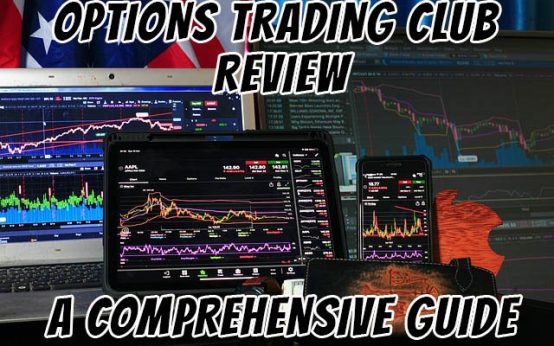 Options Trading Club Review – A Comprehensive Guide
Options Trading Club Review – A Comprehensive Guide 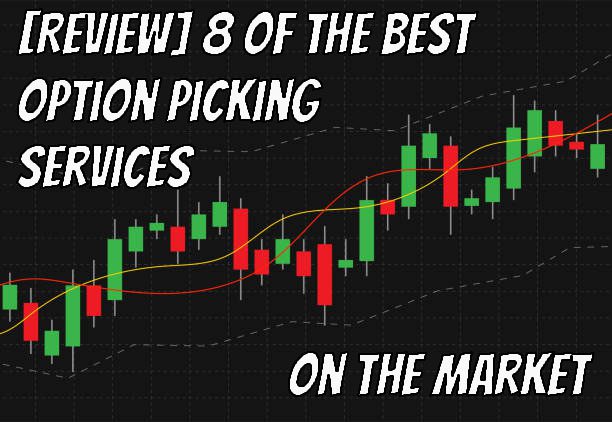 [REVIEW] 8 Of The Best Option Picking Services on The Market
[REVIEW] 8 Of The Best Option Picking Services on The Market 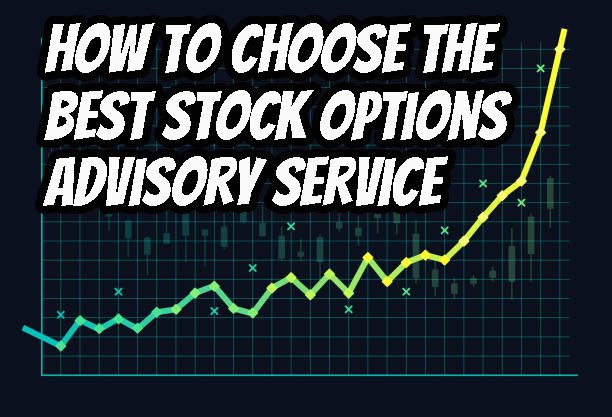 How to Choose The Best Stock Options Advisory Service If You’re New To Trading
How to Choose The Best Stock Options Advisory Service If You’re New To Trading 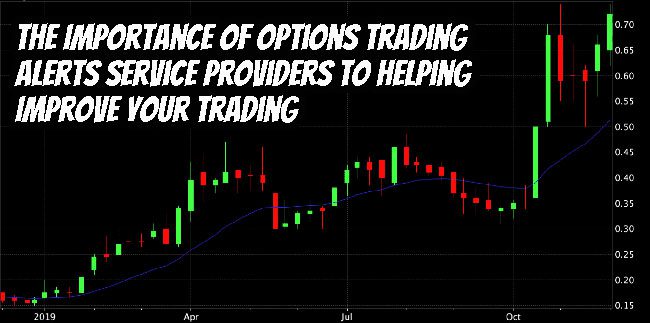 The Importance of Options Trading Alerts Service Providers To Helping Improve Your Trading
The Importance of Options Trading Alerts Service Providers To Helping Improve Your Trading